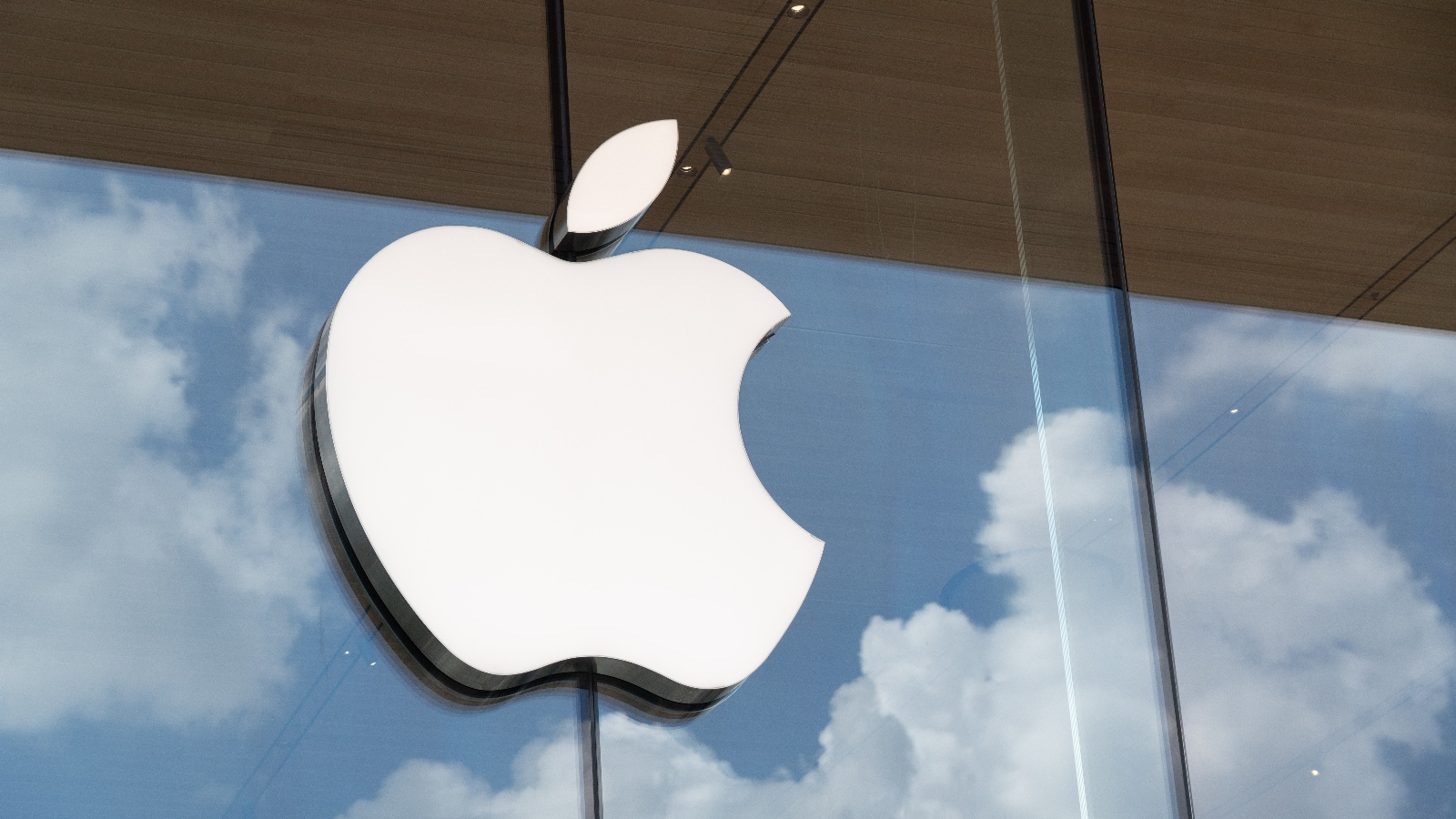The two week countdown to DAS: London is on. Get your tickets today.
webinars
From the rapid growth of crypto to the dramatic volatility of the asset class, governments around the world are responding through regulatory and legislative actions. Some jurisdictions have announced clear and accommodating frameworks in the hope to create the crypto hubs […]
Reactions have been mixed following Apple’s new Web3 policy
Tech giant Apple now allows NFTs to be bought and sold through applications listed on its App Store. This enables developers of current apps to sell non-fungible tokens in-app and new apps to install NFTs within them.
The first catch, however, is that Apple applies its existing Web2 monetization structure, taking a 30% cut from app developers who make over $1 million through the App Store on an annual basis, and 15% making less than that.
Android’s app store Google Play applies the same policy.
Before this decision, apps that were storing or displaying NFTs may have been breaking Apple’s rules. Now, developers can sell NFTs with Apple’s blessing.
The second catch is that transactions must be in USD. Crypto is not an option.
Public reaction is mixed. Tim Sweeney, the CEO of Epic Games — the company behind the Fortnite video game and no stranger to picking a fight with the tech giant — tweeted that, “Apple must be stopped.”
Now Apple is killing all NFT app businesses it can’t tax, crushing another nascent technology that could rival its grotesquely overpriced in-app payment service. Apple must be stopped. https://t.co/4KChp6jtFZ
He believes that the 30% cut Apple takes may be unaffordable for some and may even kill small NFT businesses.
This is the foundation of Epic Games’ lawsuit against Apple that has been ongoing since 2020. The video game publisher sued Apple for not allowing it to use its own payment platform instead of in-app purchases through the App Store and its 30% cut.
Another company nonplussed by the move was Magic Eden, the largest Solana NFT marketplace, which declined in-app trading support after learning about the new policy, the company told Blockworks.
“Our app remains available as a tool showcasing listings and mints from Magic Eden but it does not have trading support,” said a Magic Eden spokesperson.
There is an issue when it comes to secondary NFT sales. Marketplaces like Magic Eden or OpenSea typically take a commission no larger than 5%.
In this case, if a collector wants to purchase an NFT on the Magic Eden or OpenSea app on an iPhone, the seller of that NFT will only get 70% of the sale price. And the marketplace will likely not be interested in covering the difference.
“This primarily benefits primary sales or mints of NFTs where the 30% fee can be accounted for,” Milan Harris, game director at Cool Cats, told Blockworks, adding that the “fee is worth the accessibility and user experience that can be provided directly on an Apple device.
He sees this policy primarily benefiting video games, while “the types of transactions that make NFTs and blockchain technology valuable will likely still remain outside the Apple ecosystem,” he added.
Only purchases made directly in the app incur any fees, and any transactions happening on other platforms are untouched.
On the other hand, Gabriel Leydon, founder of the Digidaigaku NFT project, who is quite bullish, is “happy to give Apple a 30% cut of a free NFT.”
He tweeted this could give millions of more people access to NFTs because developers can still give away free NFTs and let users sell them on secondary marketplaces, while avoiding the 30% tax.
Apple has decided to let developers sell NFTs inside of games/apps. Everyone is focusing on apple wanting its 30% cut of each transaction without realizing this could put an ETH wallet in every single mobile game onboarding 1B+ players! https://t.co/BPJj3gD5r2
When asked about the timing of this announcement, Harris said Apple likely felt pressure to act quickly.
Given that Apple’s iPhone is the company’s most profitable product, Apple “doesn’t want to make the mistake of letting competitors take a lead on being the platform of choice for mobile NFT activities — whether that be gaming, collecting, etc,” Harris said.
One competitor, for example, could be Solana which recently debuted its Android-powered crypto-first smartphone, slated to be released in early 2023.
It is also rumored that Apple is working on augmented reality smart glasses that could be distributed by the end of this year — potential competition for Facebook in the metaverse.
This story was updated on Sept. 27, 2022 at 10:00 am ET with comments from Magic Eden.
Attend DAS:LONDON and hear how the largest TradFi and crypto institutions see the future of crypto’s institutional adoption. Register here.
DATE
Monday & Tuesday, October 17 & 18, 2022
LOCATION
The Royal Lancaster Hotel, London
NFT trading volume soared on Solana in September — despite recurring network outages
The regulator is particularly concerned about stablecoins, volatility and crypto token classification
Institutional investors put to work more than $100 million in digital asset startups last week, bucking the bear market trend
Shopify CEO Tobias Lütke has on average bought $369,000 of Coinbase stock every week since the start of August
Ark Invest is the latest fund manager to use the SMA wrapper as a way to offer crypto access to financial adviser clients

